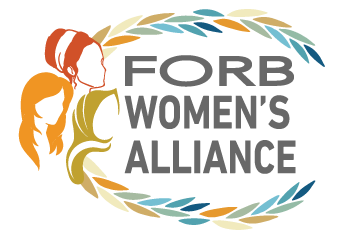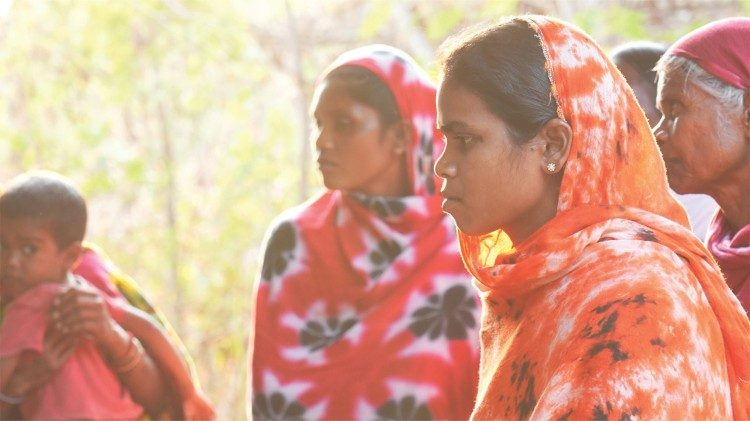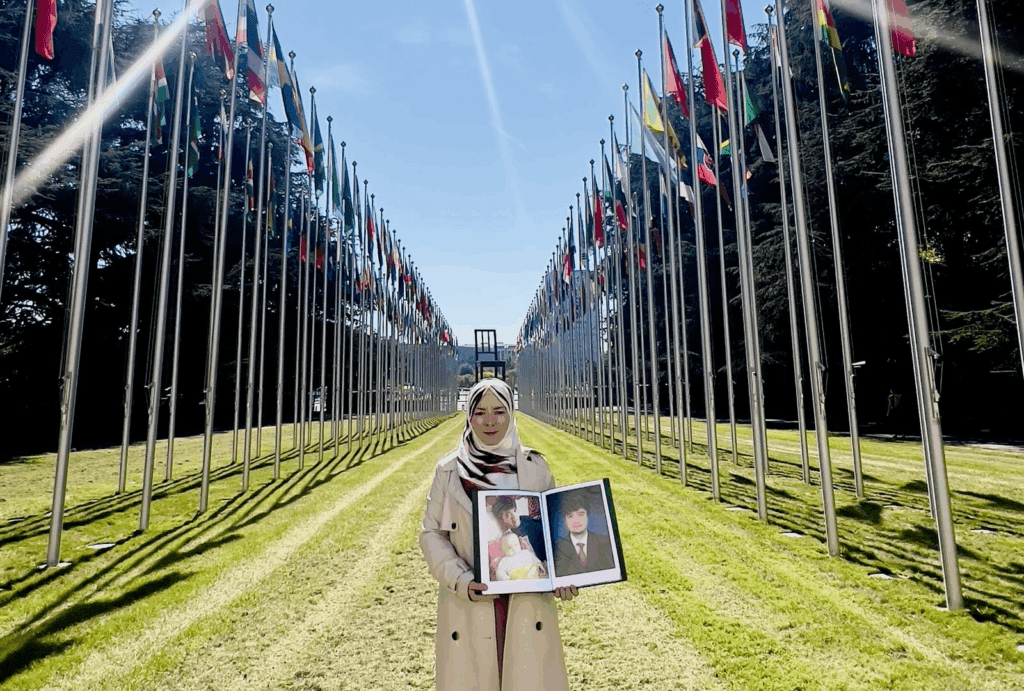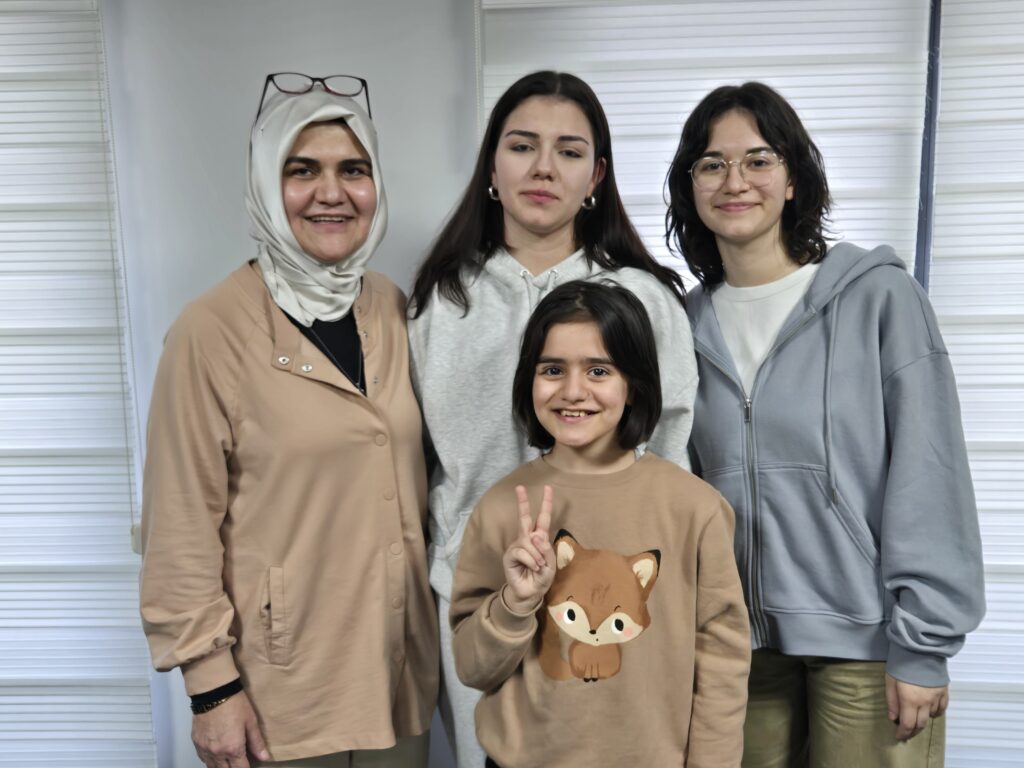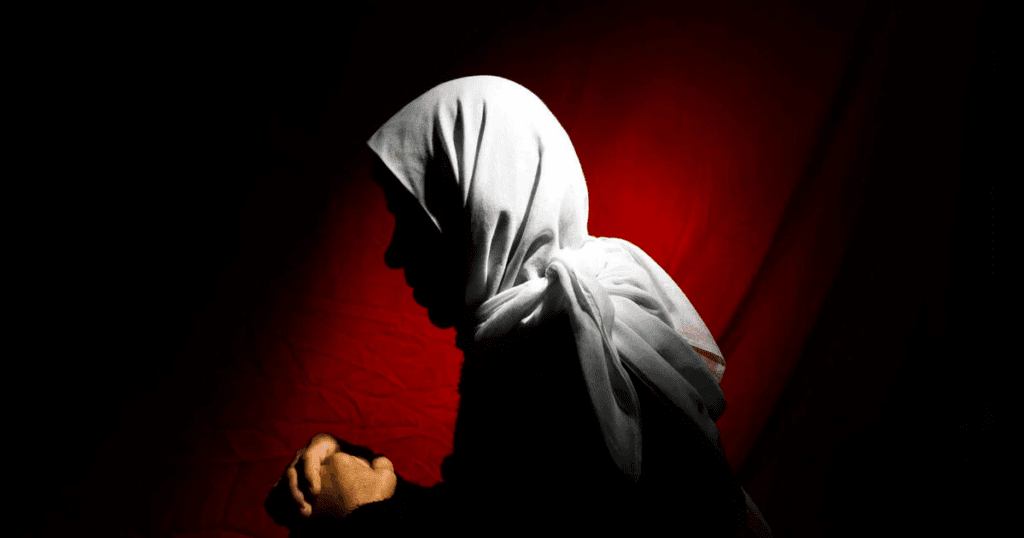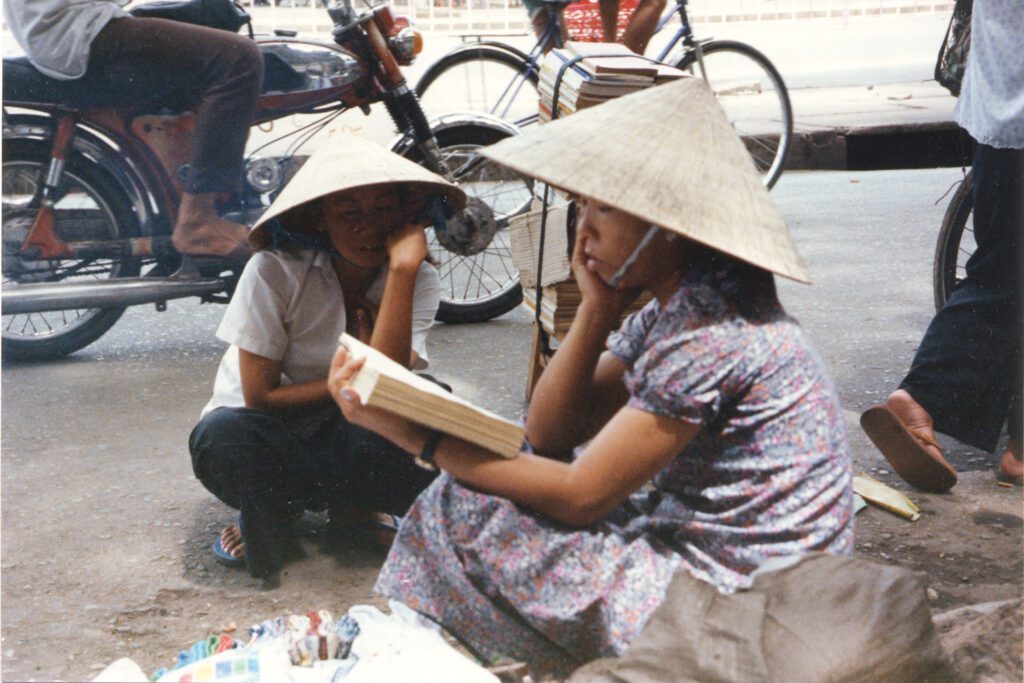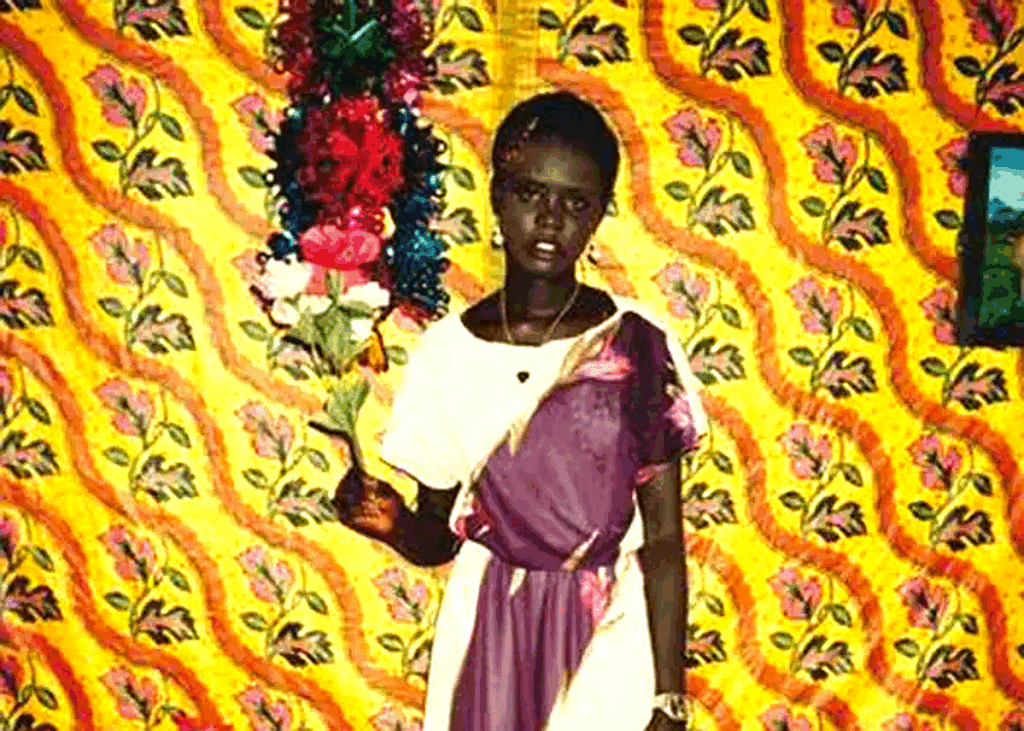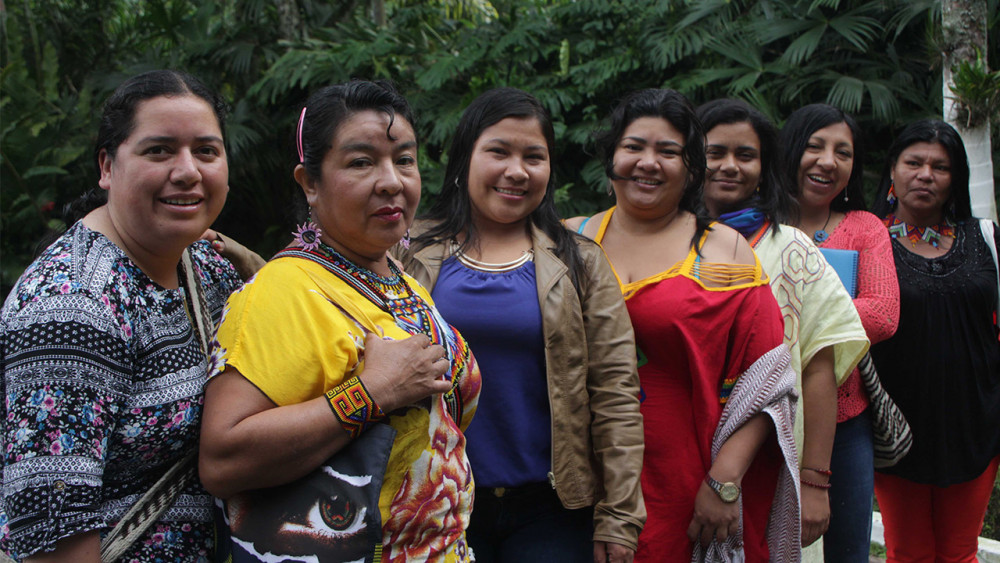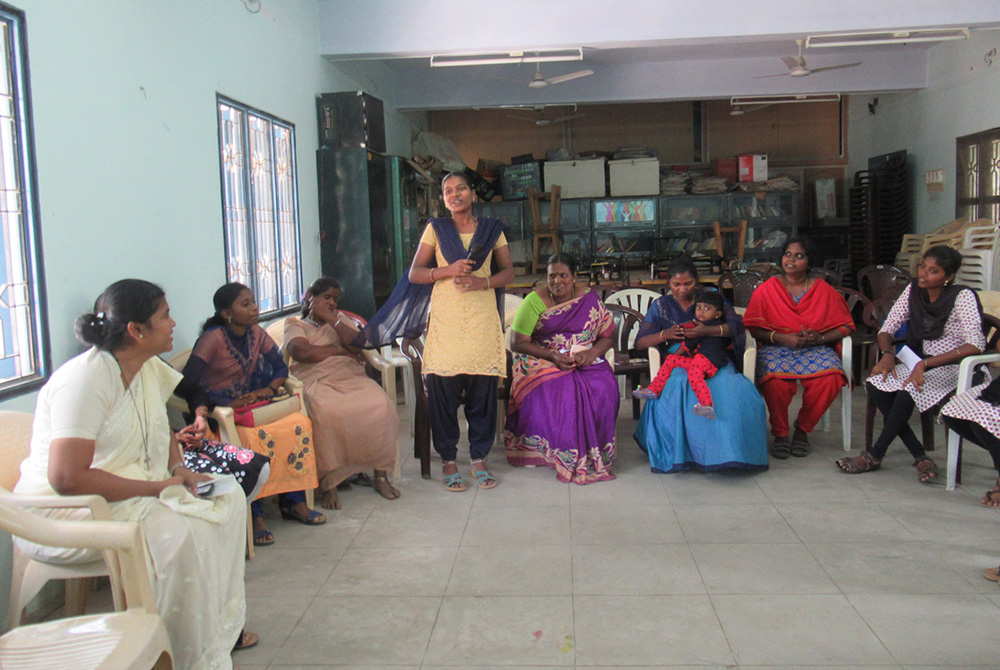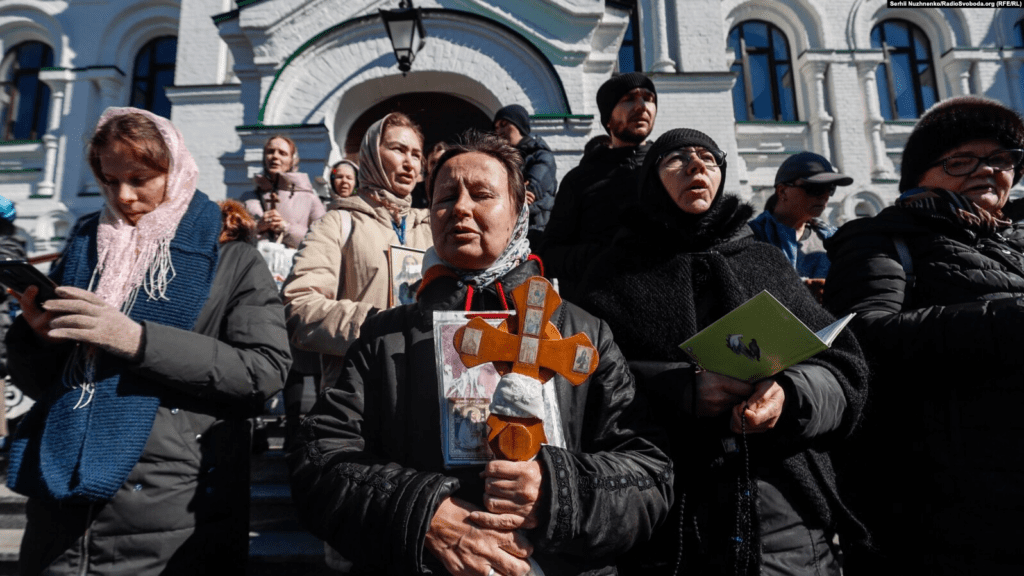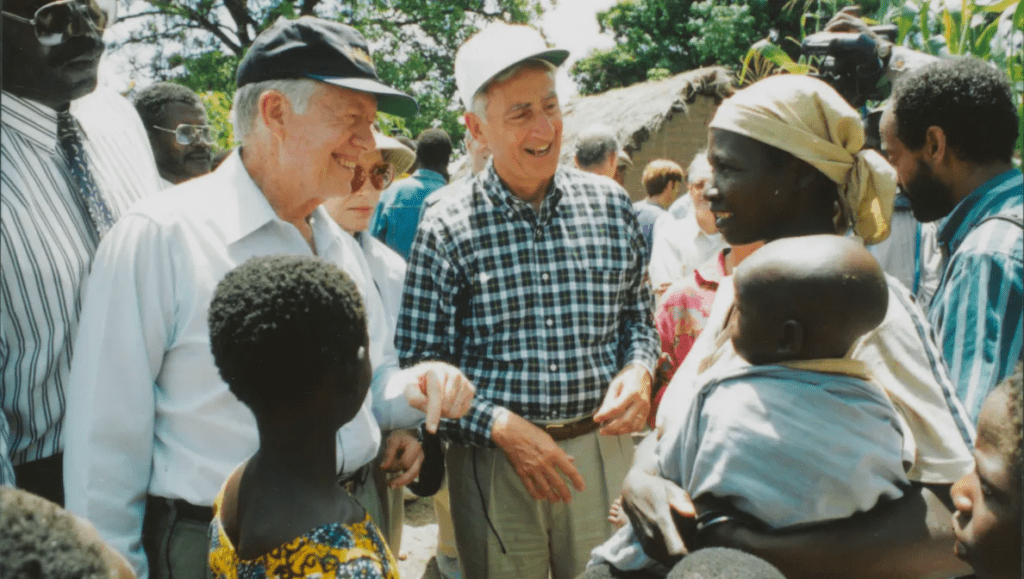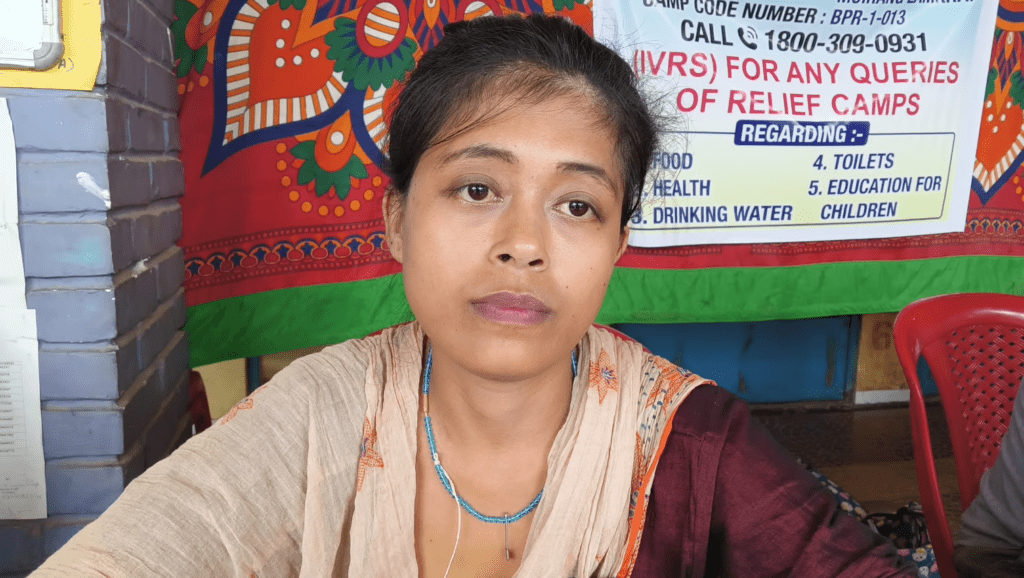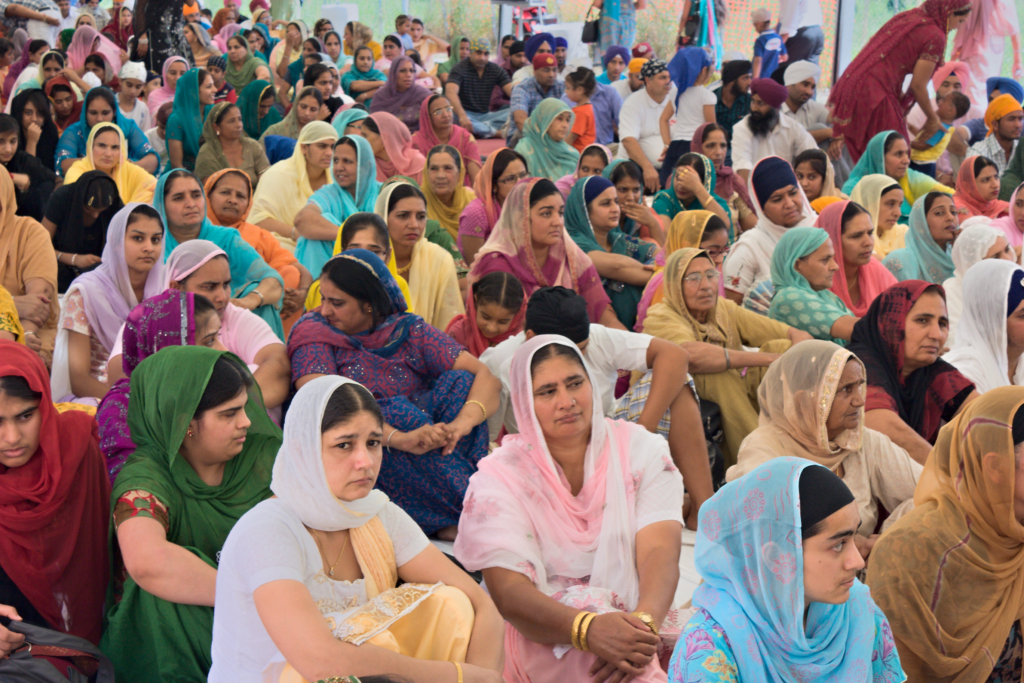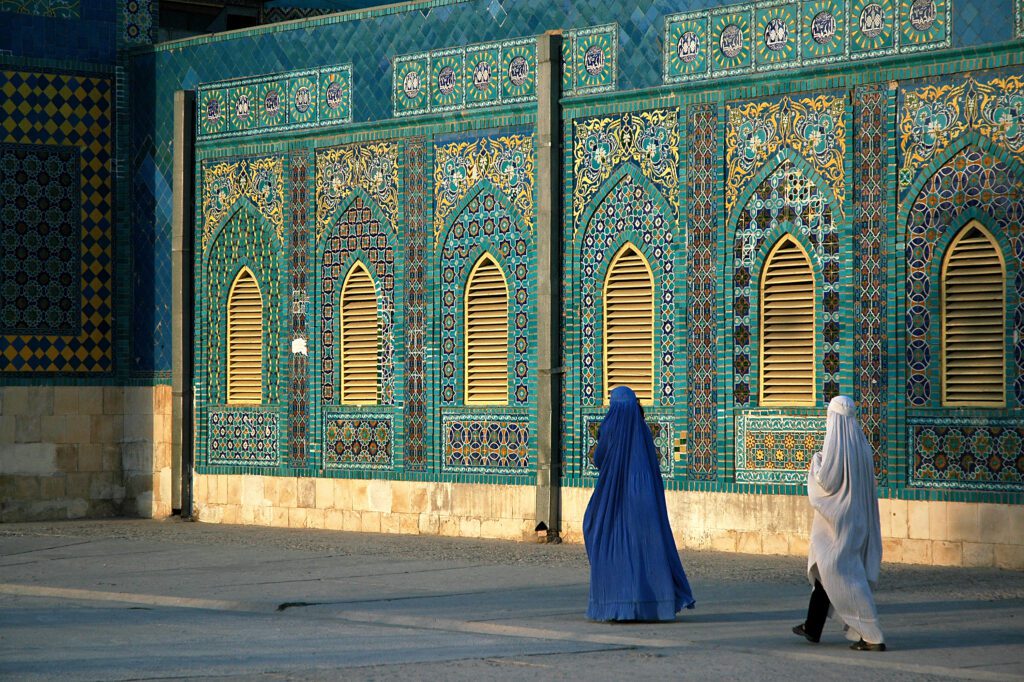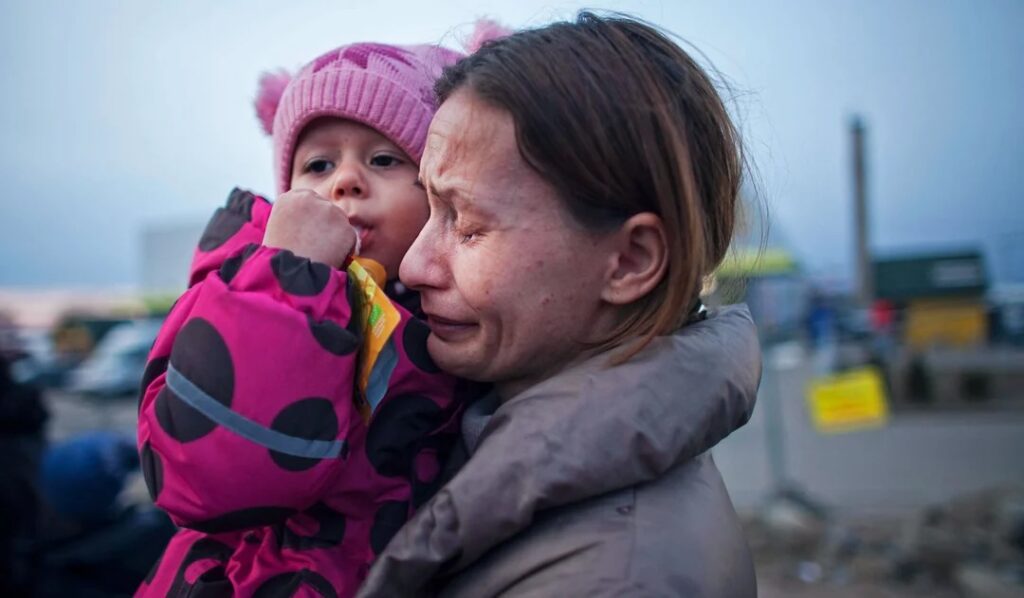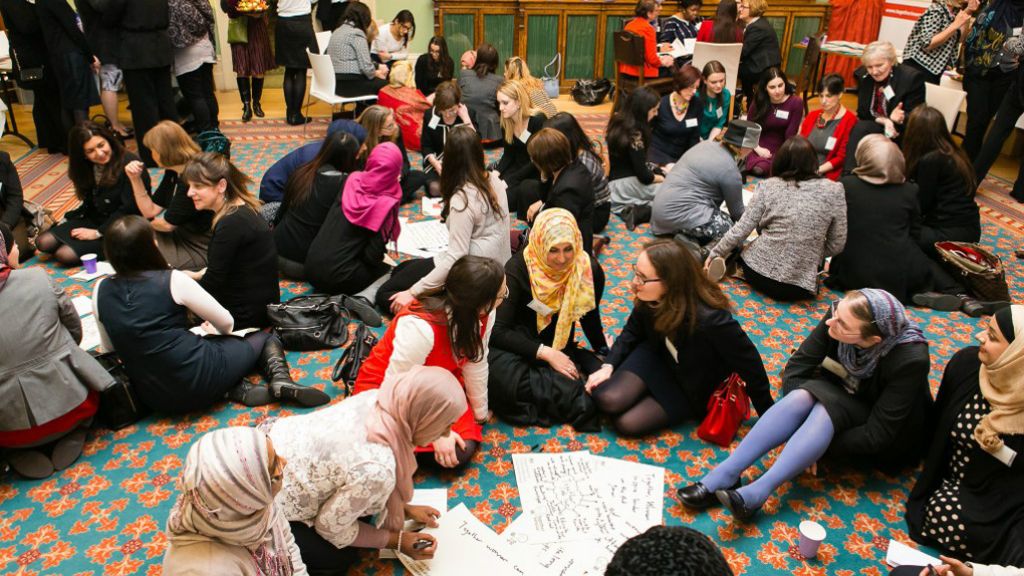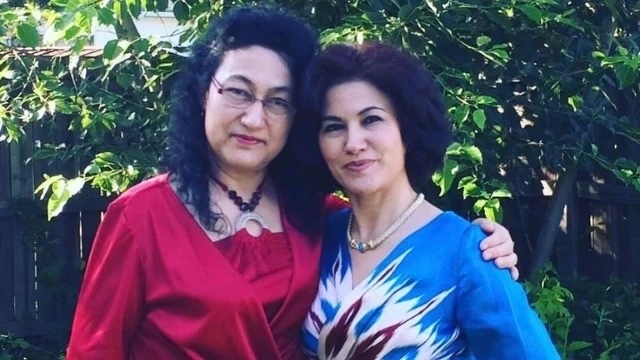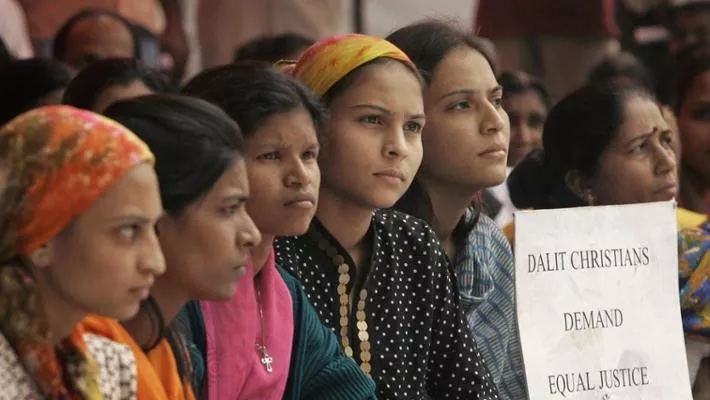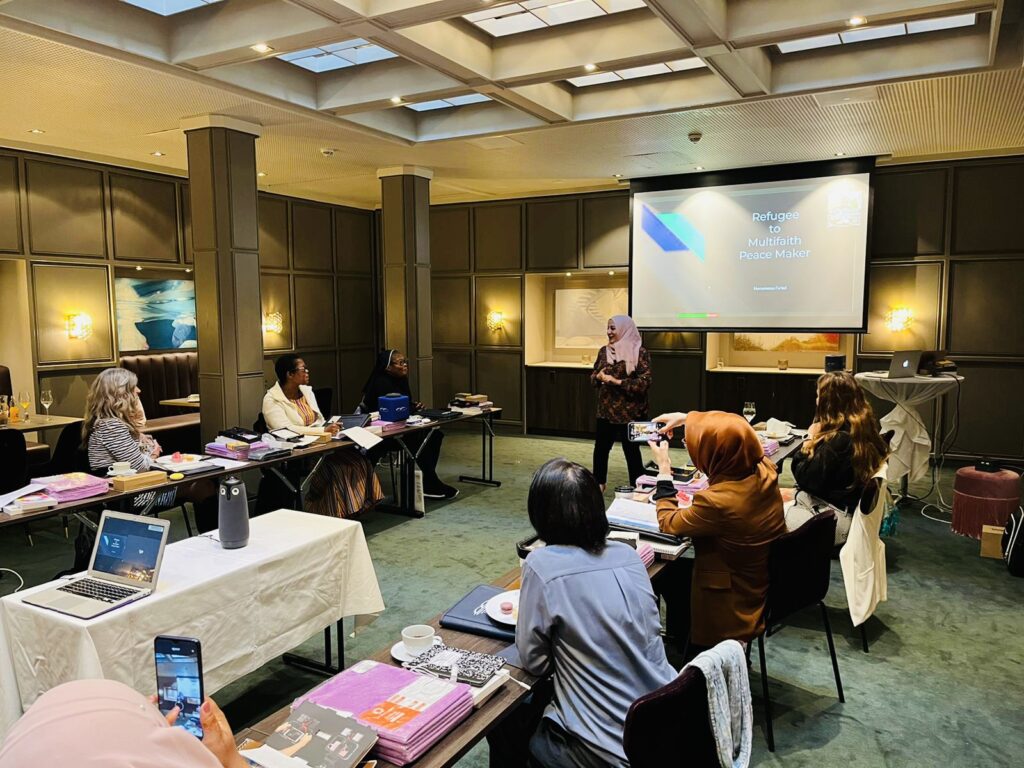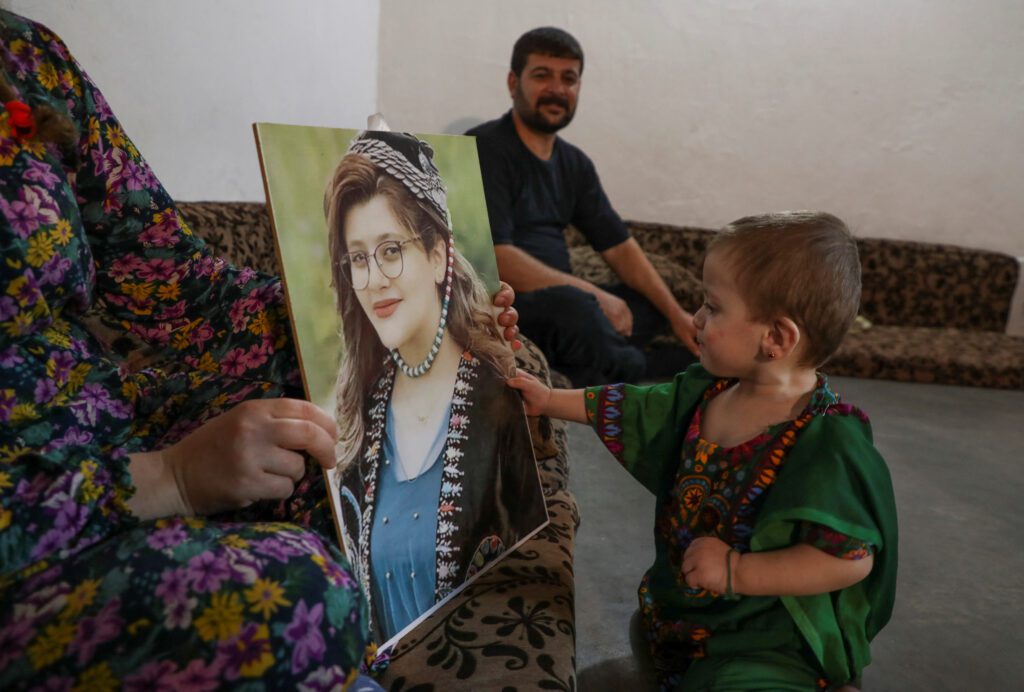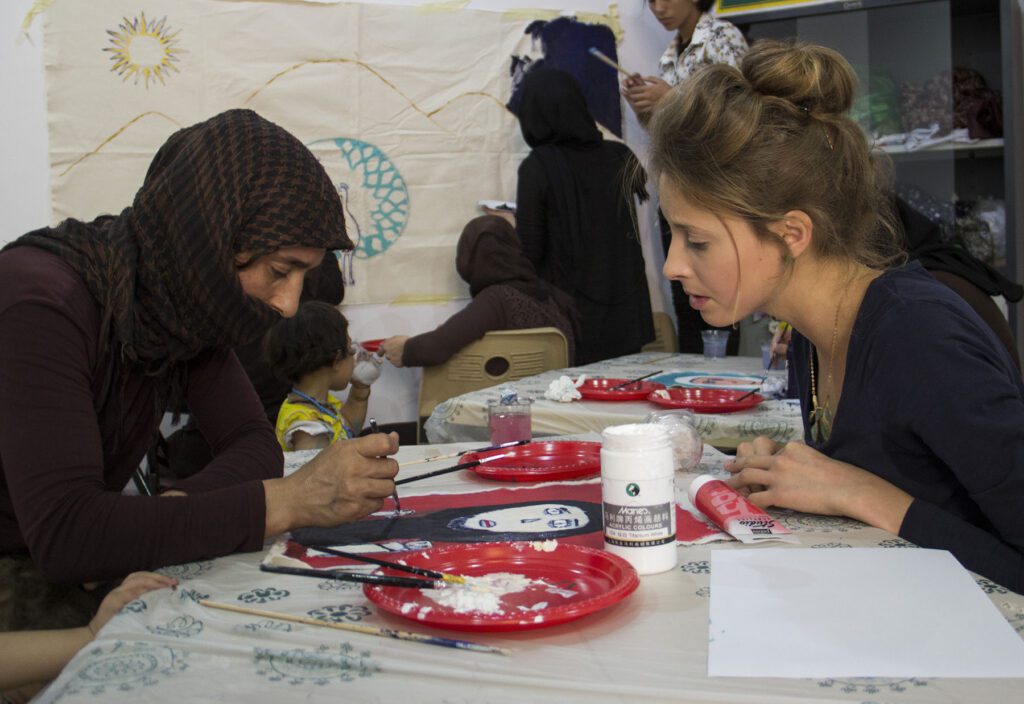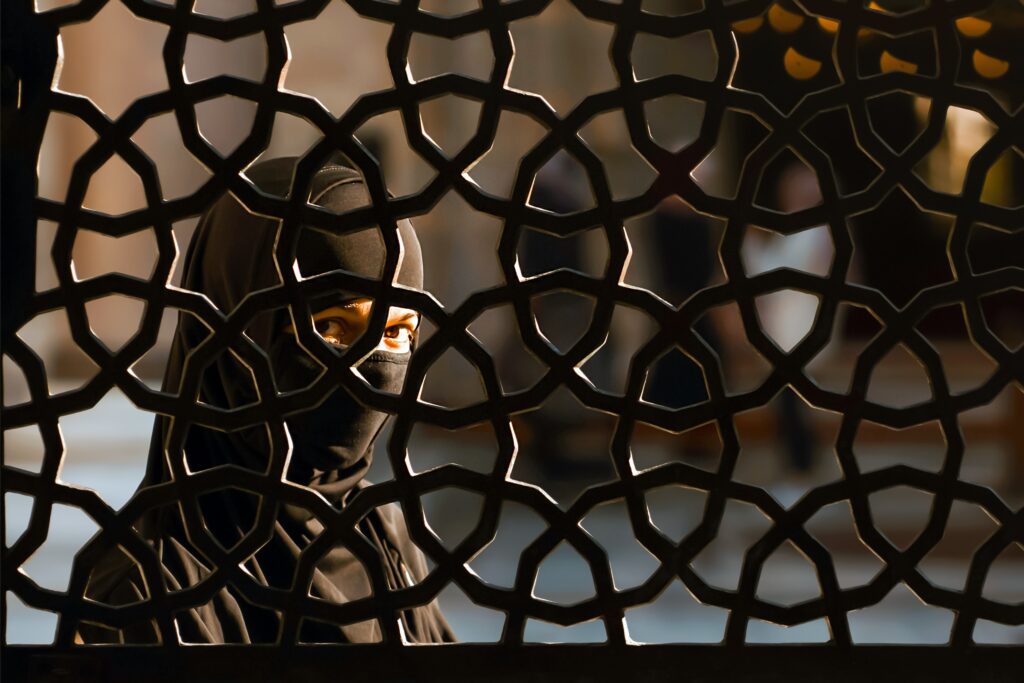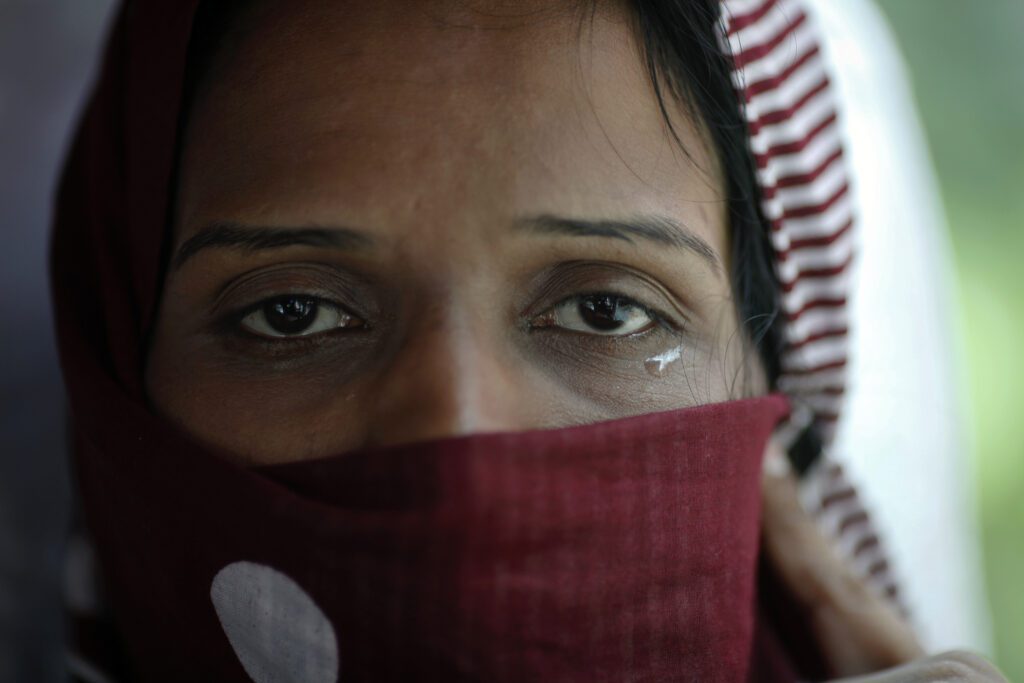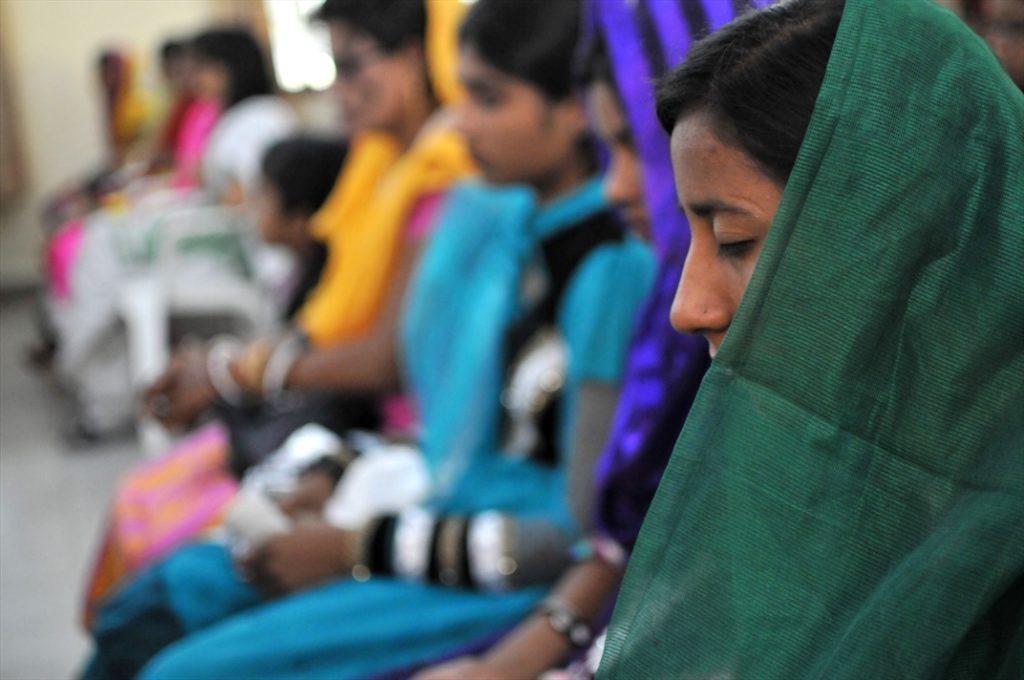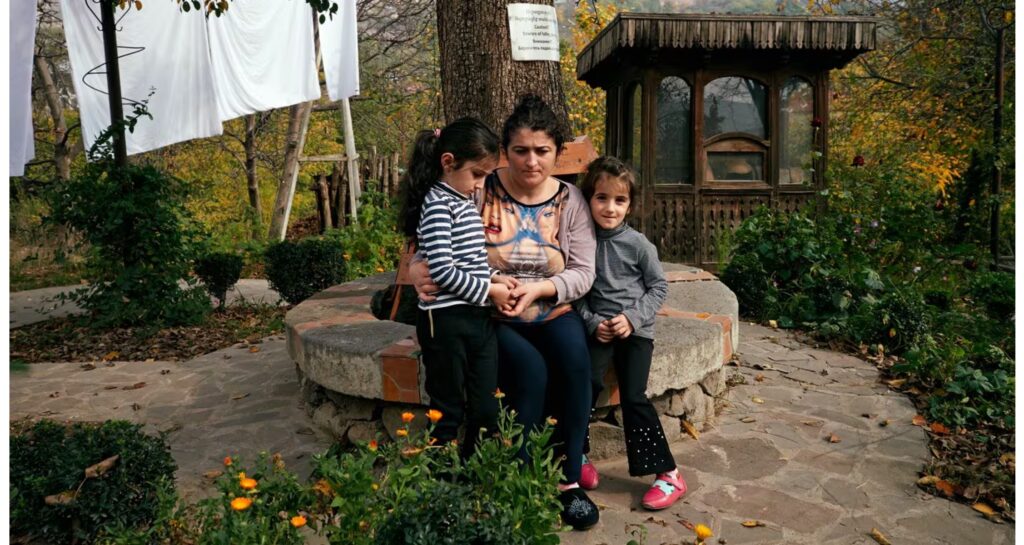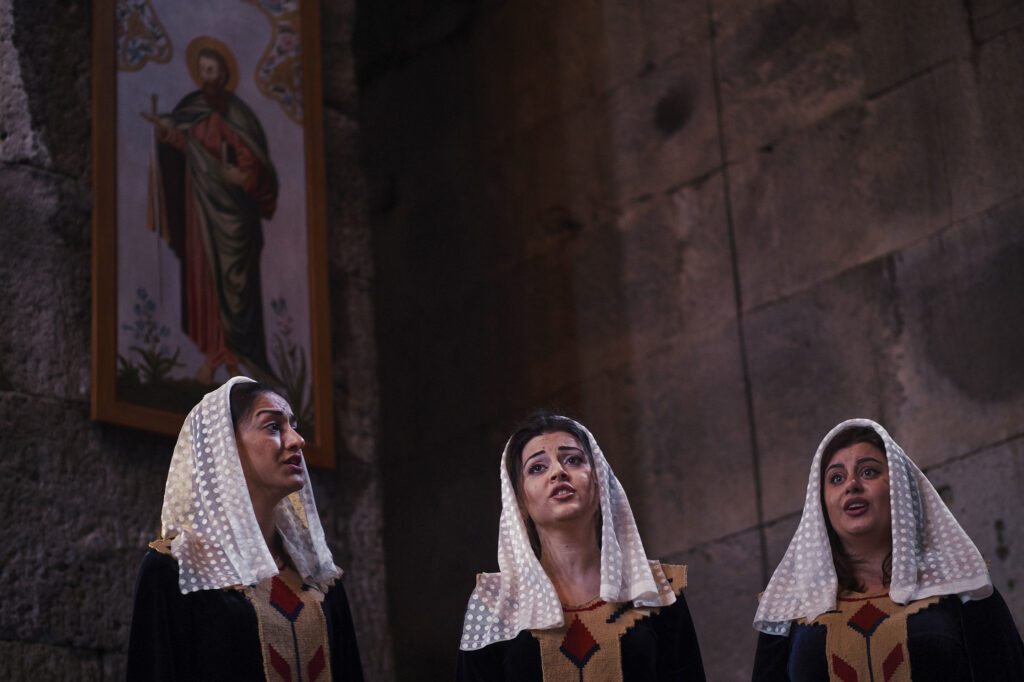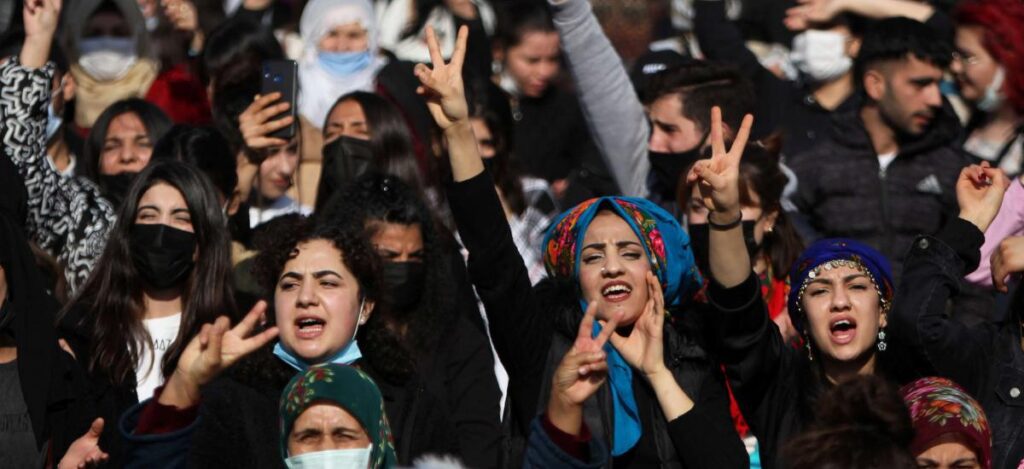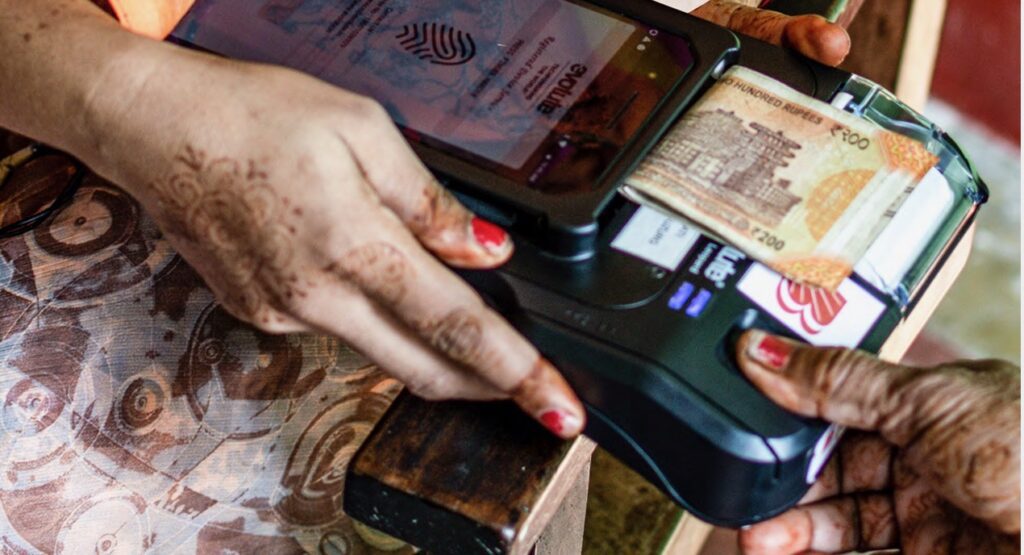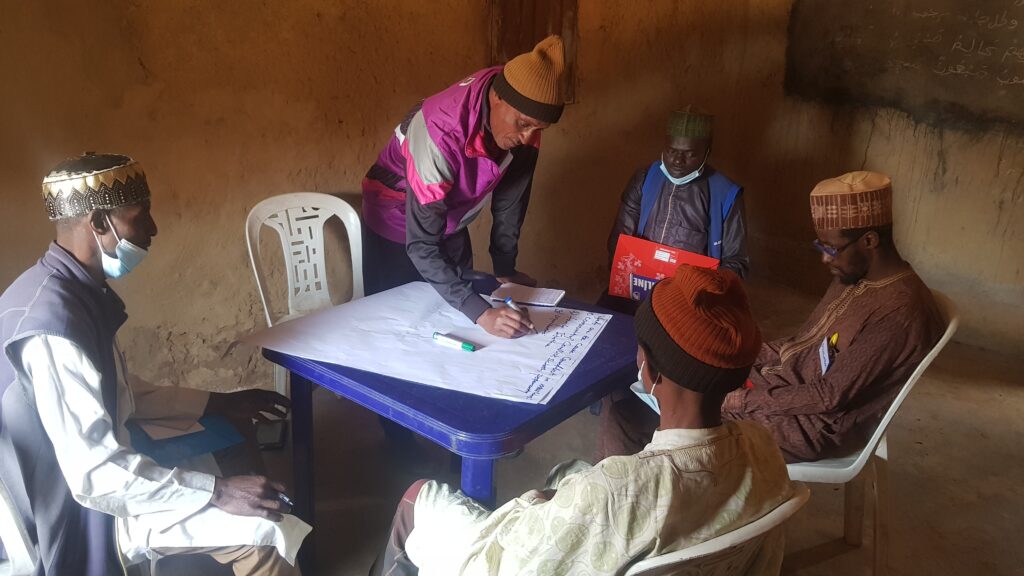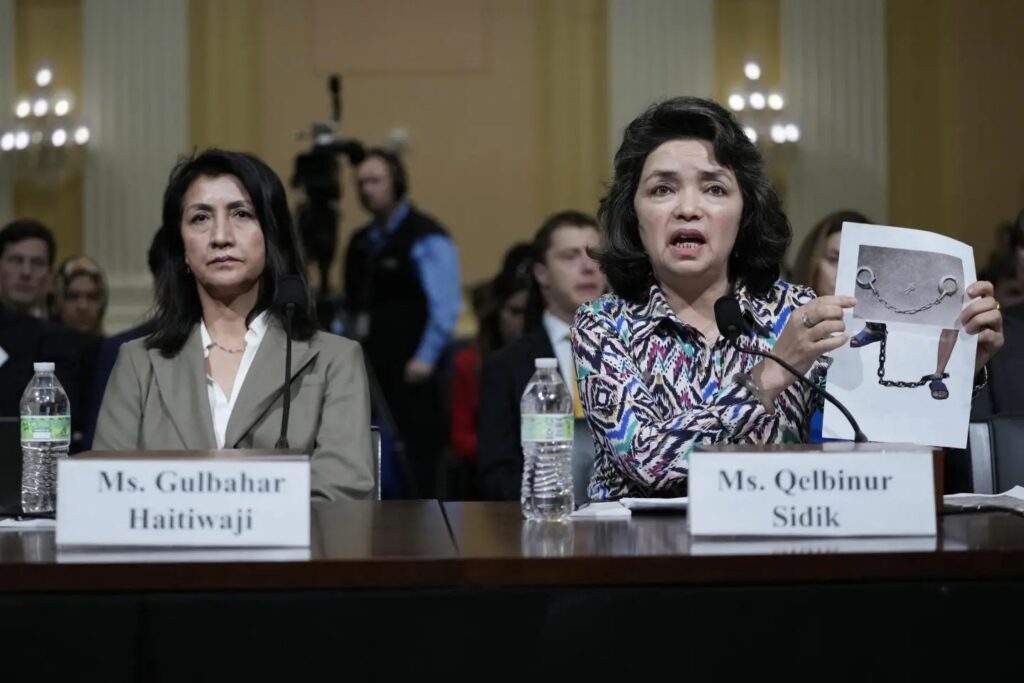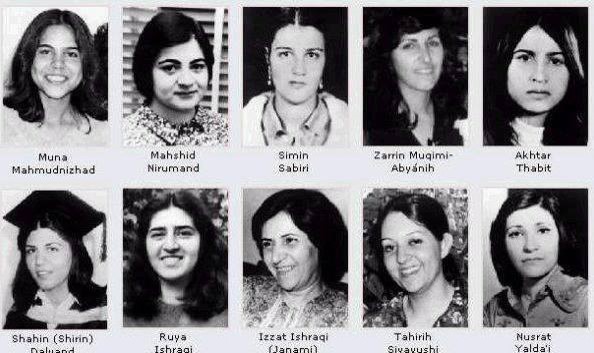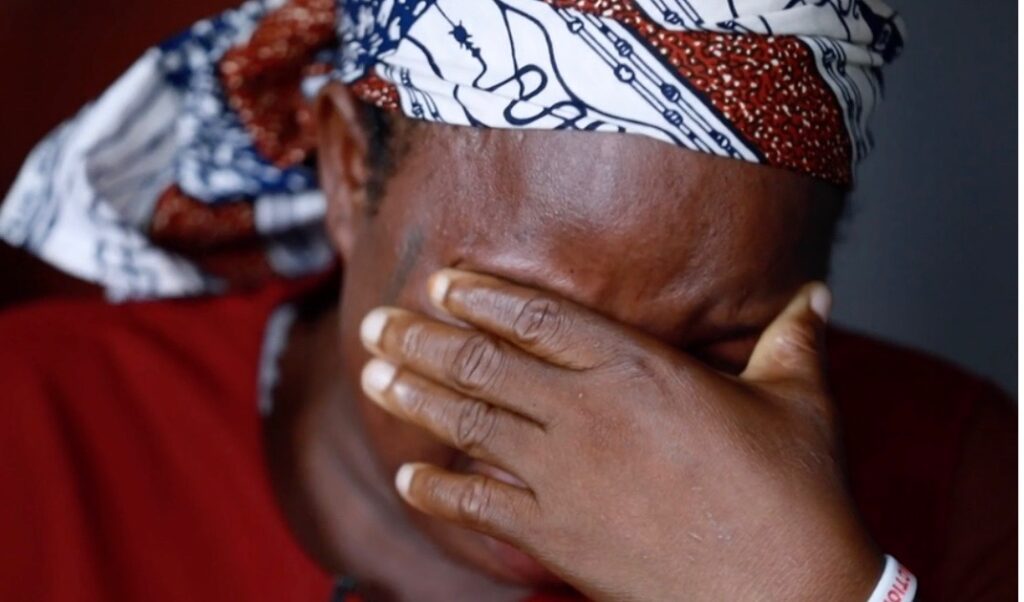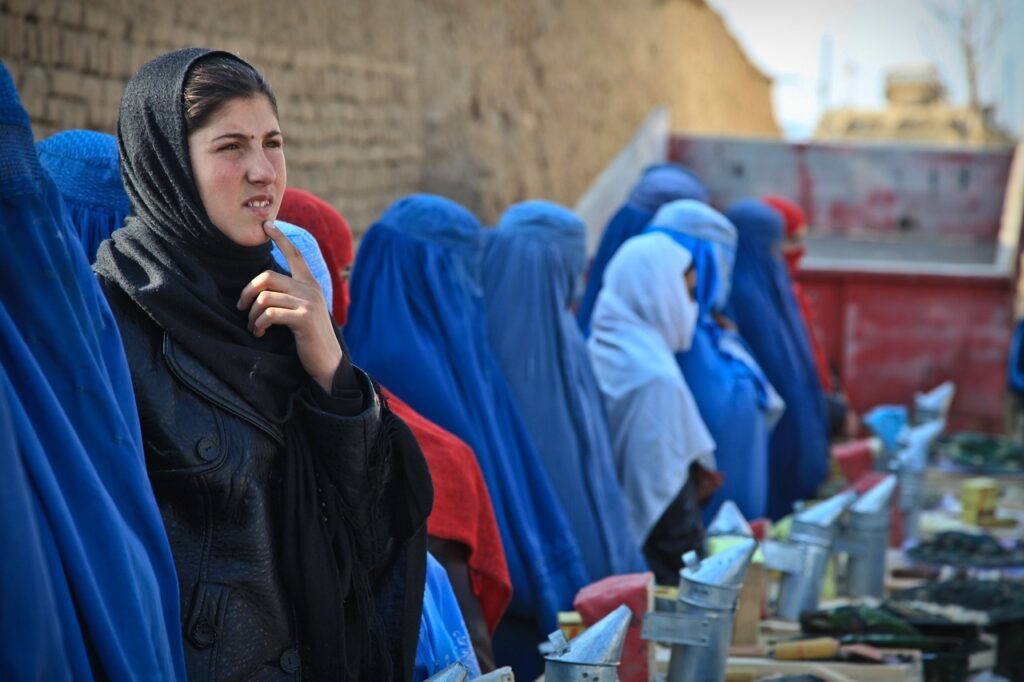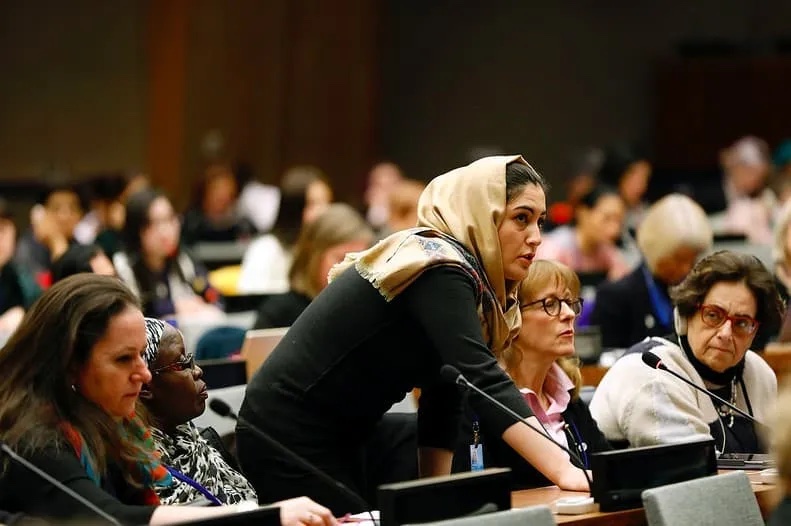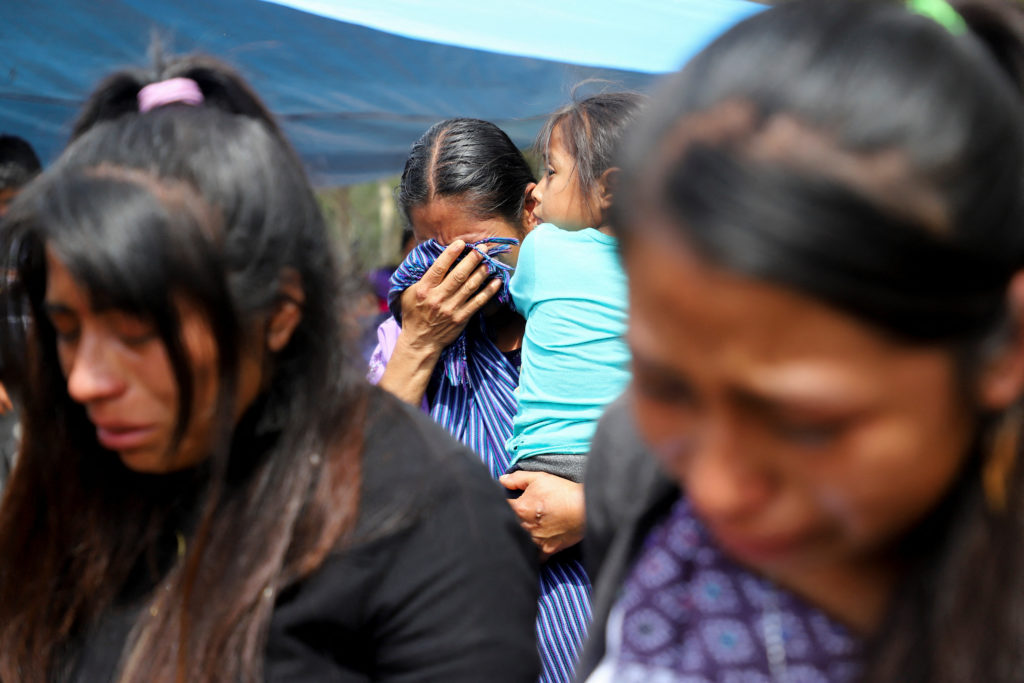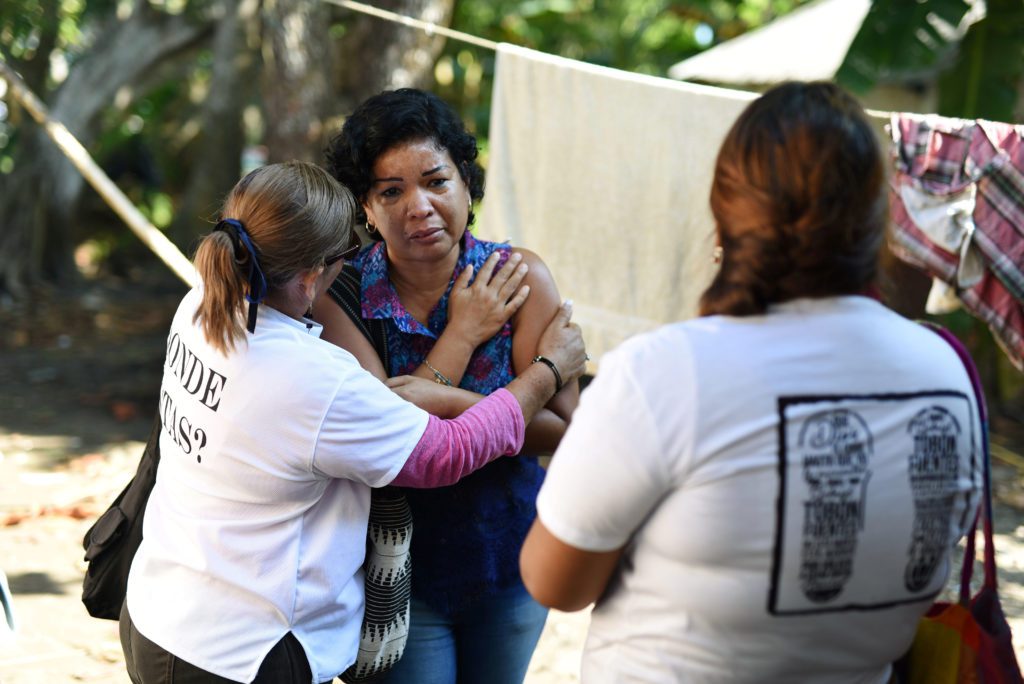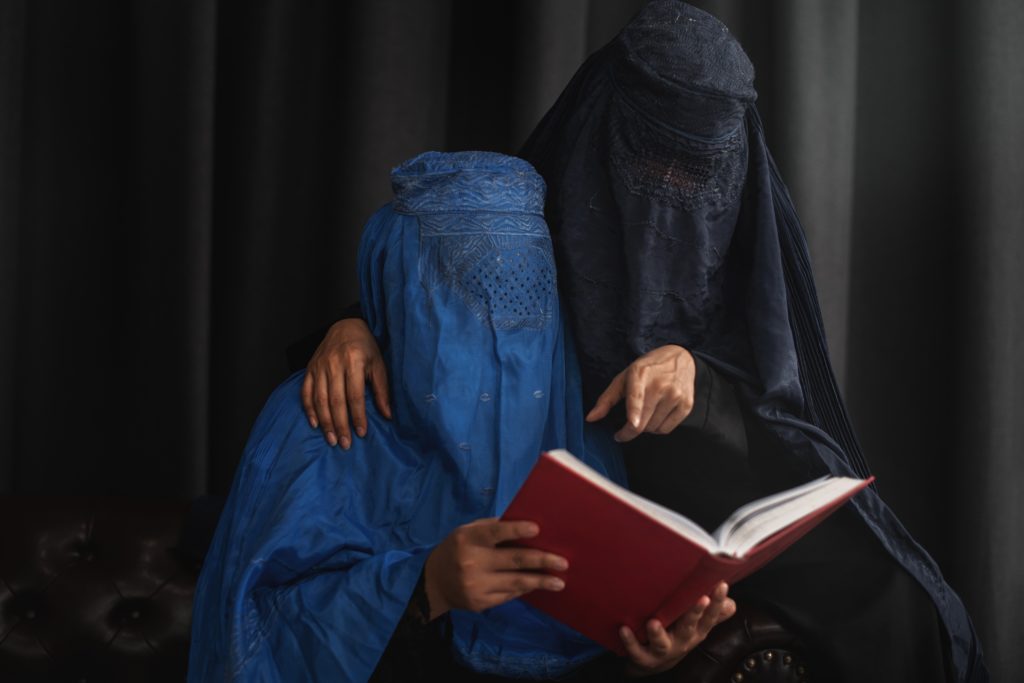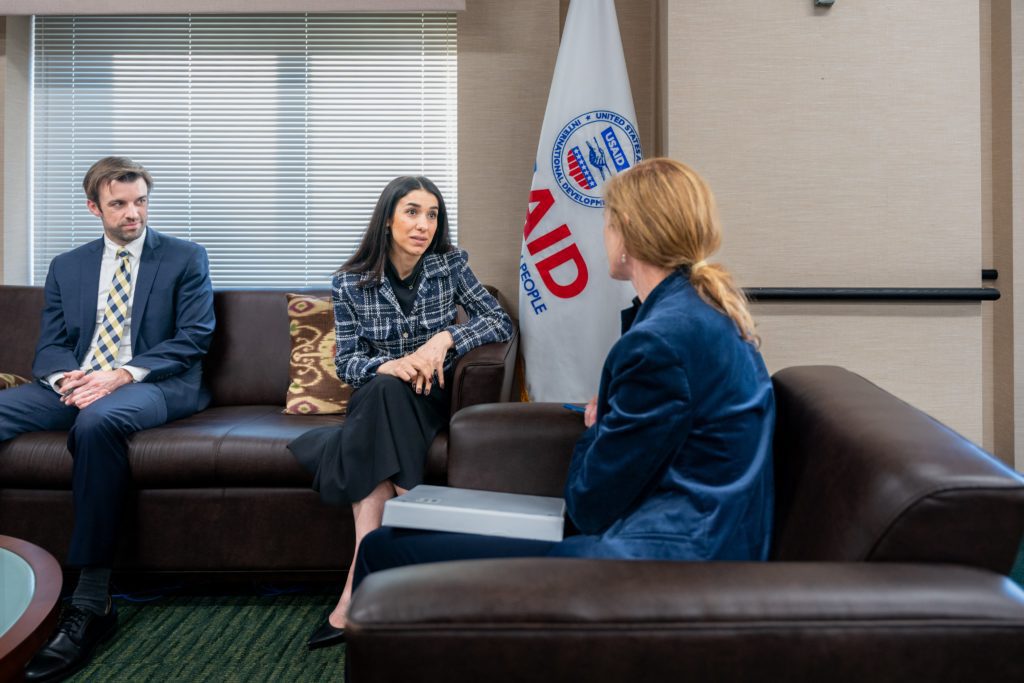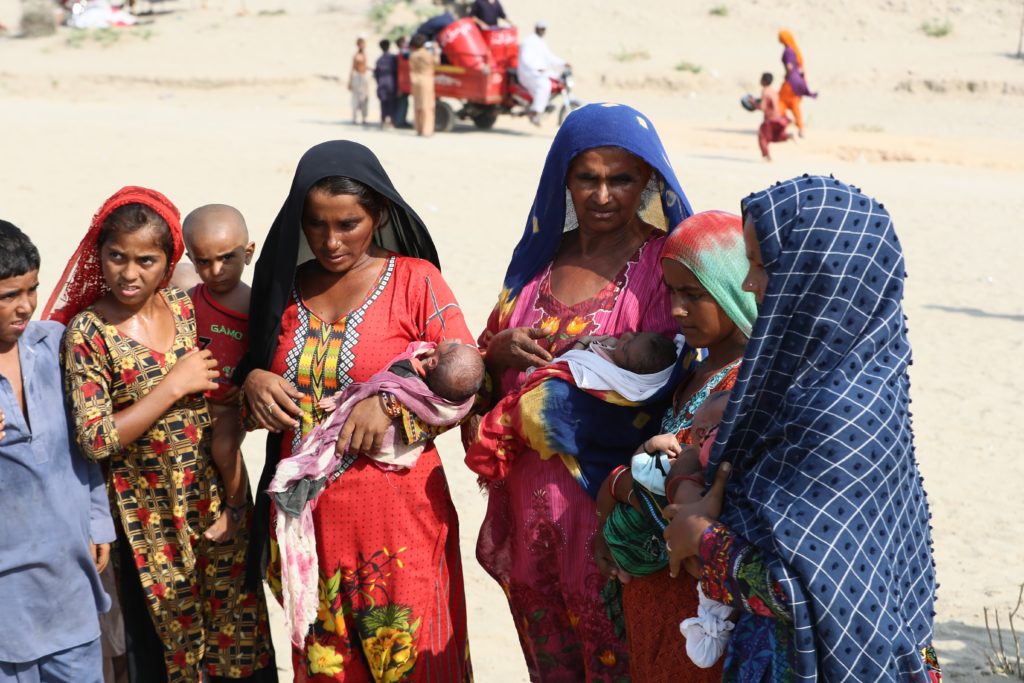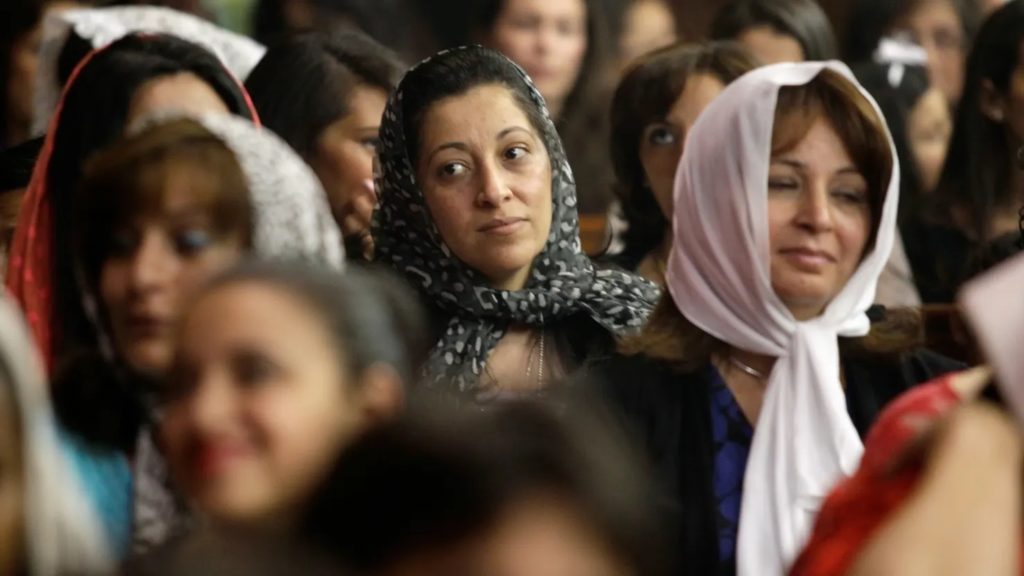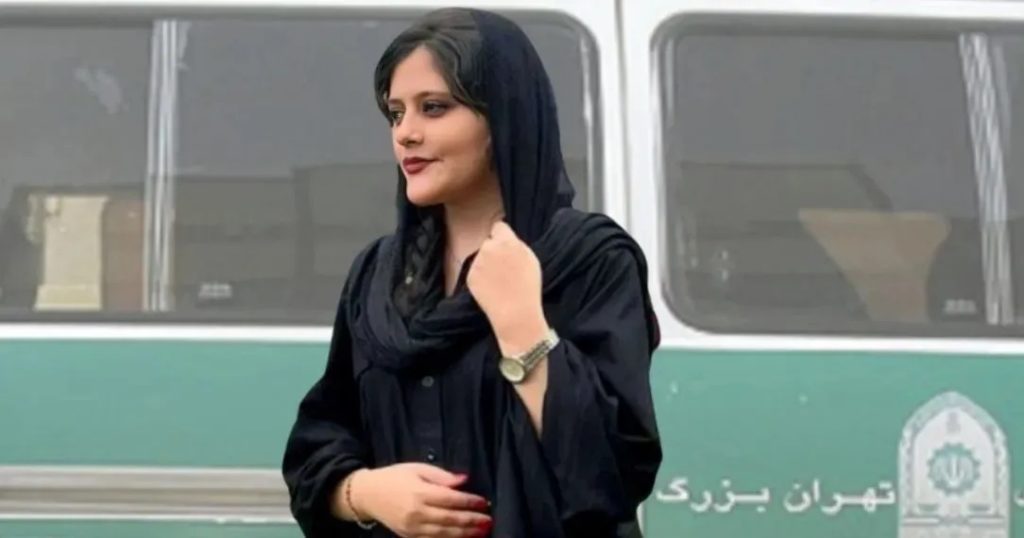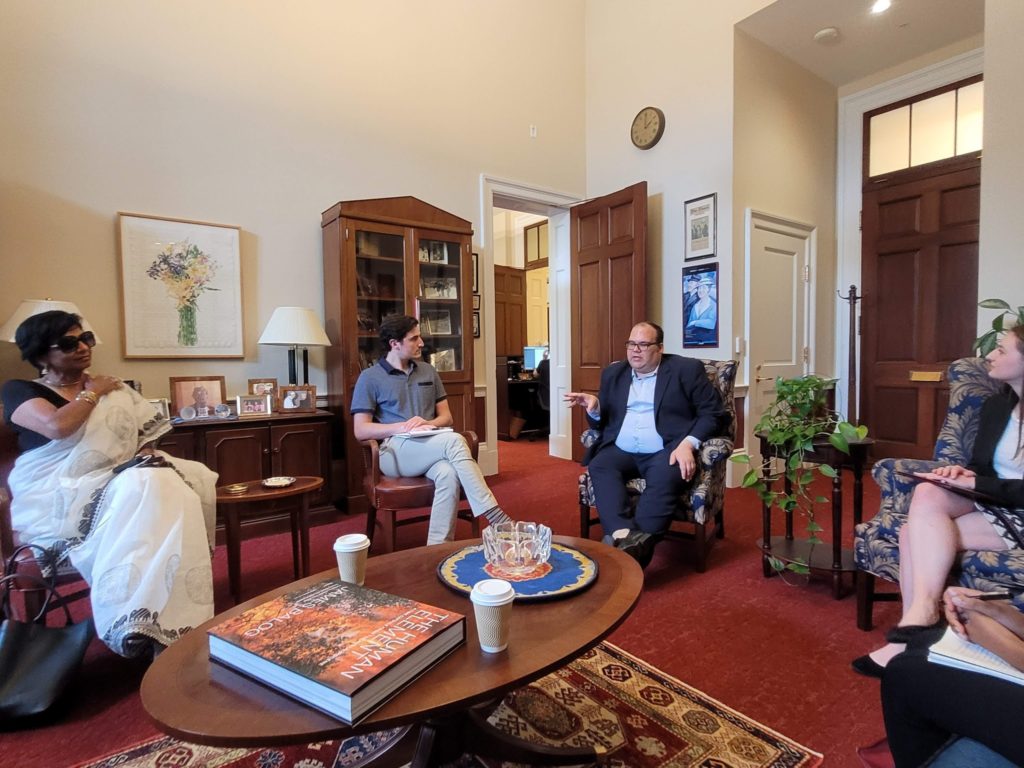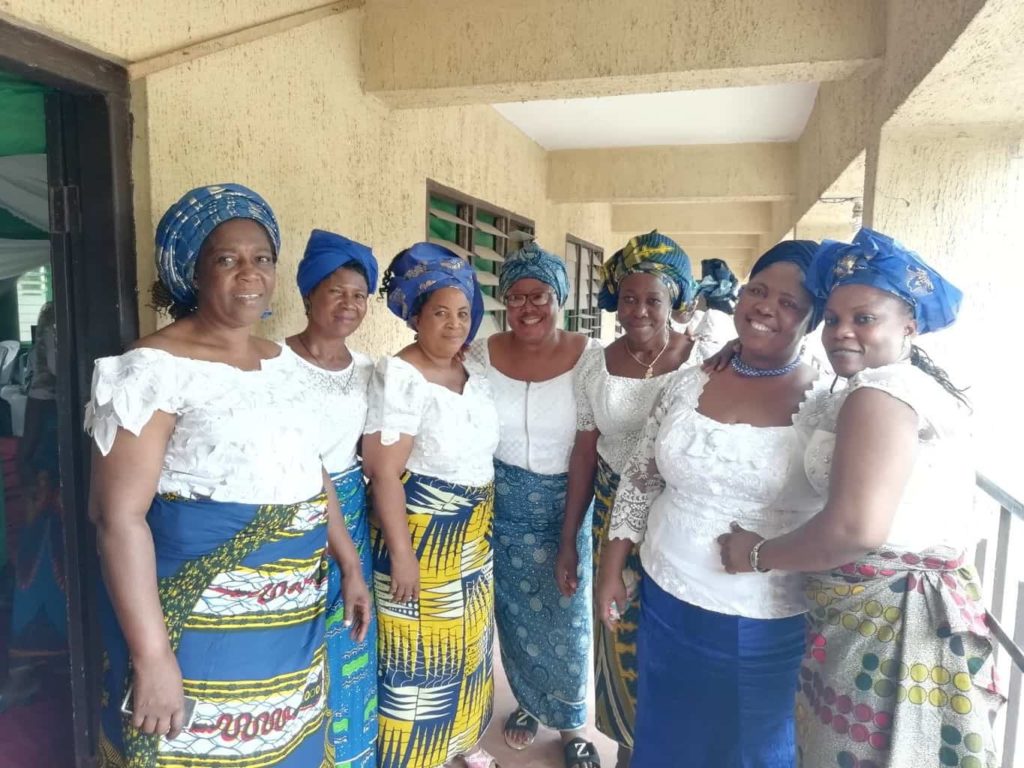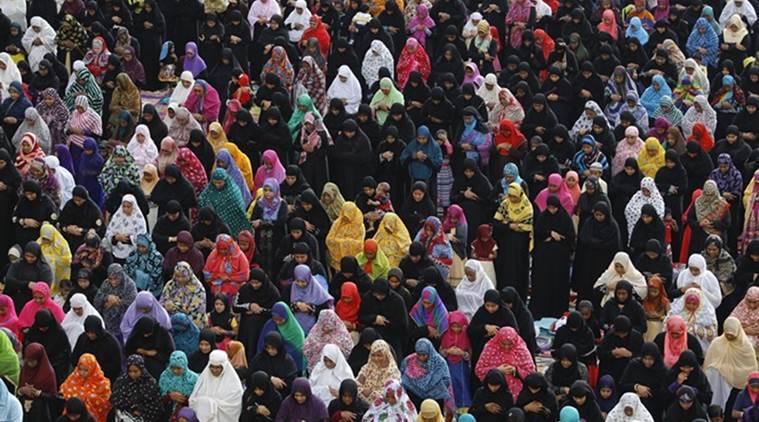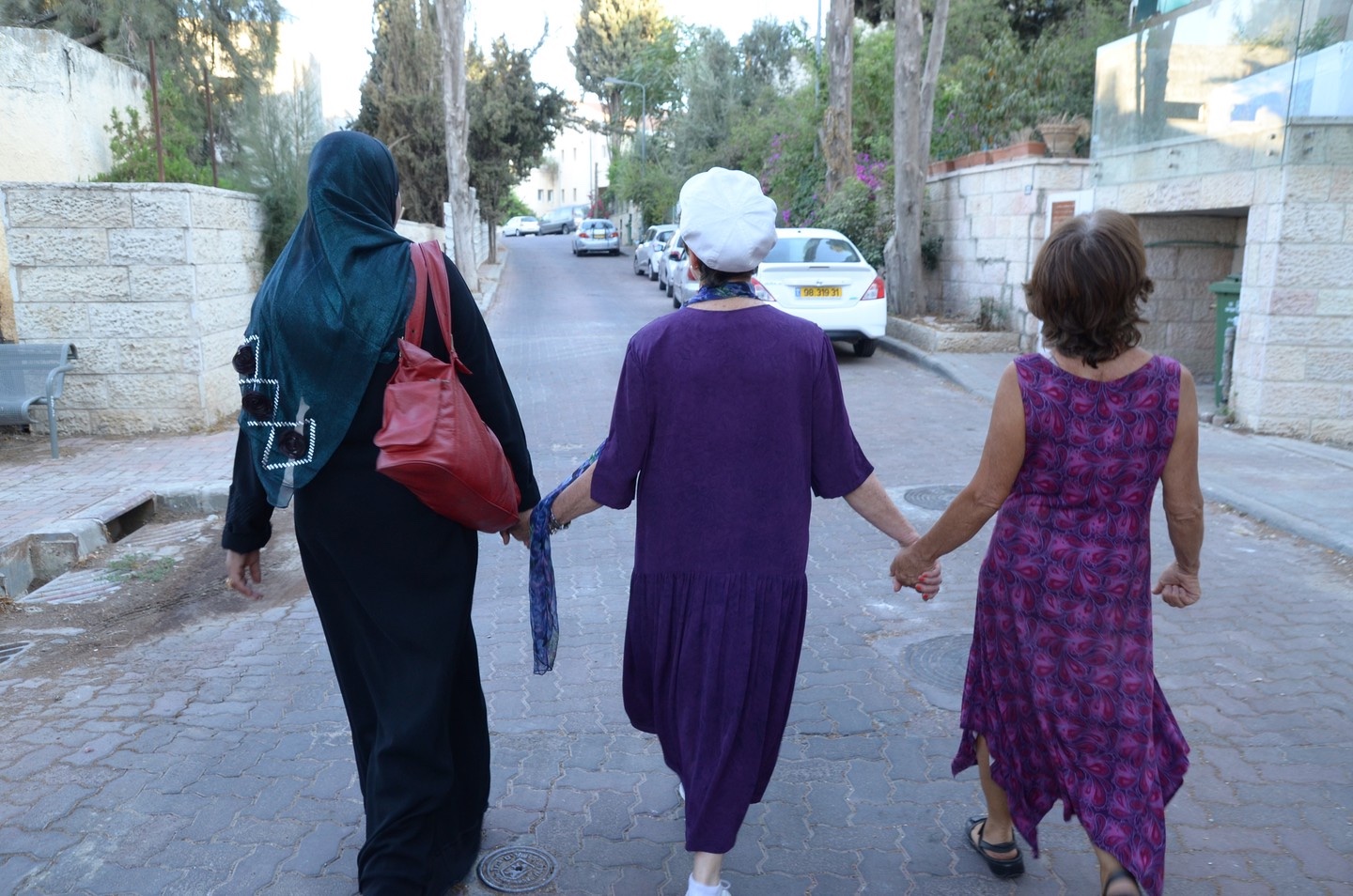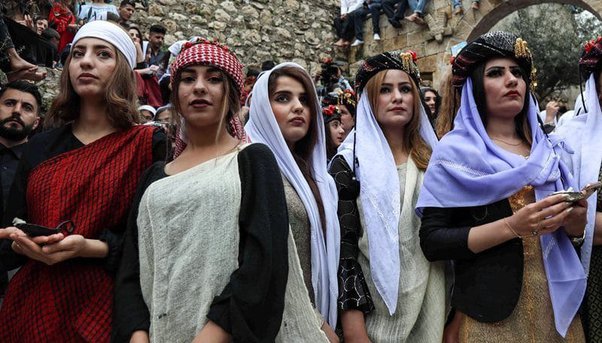Kunika Kashyap, a 25-year-old Christian tribal woman from Chhattisgarh’s Bastar district, was brutally attacked this past January on her way back from visiting an ailing relative. Her assailant was the sarpanch (a constitutionally elected village-level head). Kunika’s family was one of only five Christian families in her village. The assault left her severely injured, and the trauma caused her to miscarry.
Kunika’s story is not an isolated incident, but a stark reflection of the unique challenges Christian tribal women in India face. Caught at the intersection of their tribal identity, gender, and minority faith, these women endure compound vulnerabilities due to their systematic marginalization and the violence and exclusion they face.
A Personal Encounter: The Narikuravar Women of Chennai
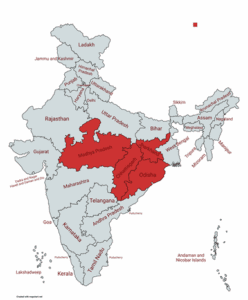 I recently visited a Narikuravar settlement in Chennai, a long way from the Bastar district. The Narikuravar are a semi-nomadic tribal community with roots as a hunter-gatherer society. They live secluded from mainstream society, rarely welcoming outsiders into their tightly knit community. While there, I witnessed the profound oppression its women face, particularly those who had converted to Christianity. Married women face especially severe restrictions, and often are denied basic dignities like sitting on chairs, a symbol of their subservient status under patriarchal tribal norms.
I recently visited a Narikuravar settlement in Chennai, a long way from the Bastar district. The Narikuravar are a semi-nomadic tribal community with roots as a hunter-gatherer society. They live secluded from mainstream society, rarely welcoming outsiders into their tightly knit community. While there, I witnessed the profound oppression its women face, particularly those who had converted to Christianity. Married women face especially severe restrictions, and often are denied basic dignities like sitting on chairs, a symbol of their subservient status under patriarchal tribal norms.
I had the privilege of joining a group of Christian women converts in the settlement. Over quiet conversations, they shared how the gospel brought them a sense of liberation, revealing their inherent value and equality in God’s eyes. For them, Christianity was a beacon of hope, challenging the rigid hierarchies that had confined them. However, their husbands, fathers, and the tribal chief were deeply resistant to their conversions, viewing Christianity as a foreign belief that threatened tribal traditions. Some women recounted being beaten for attending church, as the men feared that exposure to Christianity would empower the women, loosening their control. In a poignant moment, I invited one woman to sit beside me on a chair. She hesitated, then sat, but her husband—a recent convert himself—visibly tensed, his discomfort revealing the deep-seated resistance to any act that challenged traditional gender roles. This encounter underscored the courage of these women who embrace their faith despite the personal costs.
Conversion to Christianity: A Perceived Threat
Particularly in states like Chhattisgarh, Jharkhand, Odisha, and Madhya Pradesh, communities with large tribal populations are threatened by members who convert to Christianity. Historically, missionary activities have provided tribal members with education and healthcare, empowering these marginalized communities. However, some perceive this empowerment as a challenge to their cultural and political dominance. Hindu nationalist groups, backed by anti-conversion laws in states like Chhattisgarh, frame Christianity as a foreign religion that erodes tribal culture. Tribal conversions are politicized, with converts accused of betraying indigenous traditions. The Hindutva movement, the ideology of the Hindu right – represented by the political party Bharatiya Janata Party, or Indian People’s Party (BJP) also has constantly sought to integrate tribal communities into the Hindu fold, viewing conversion as a loss of Hindu identity.
Christian tribal women bear a disproportionate burden of this perceived threat. As primary caregivers and cultural custodians, their conversion is seen as a rejection of tribal norms, making them targets for hostility. Unlike men, who may retain some social authority, women lack power within patriarchal tribal structures, rendering them more vulnerable.
Economic Challenges
Christian tribal women face severe economic marginalization, exacerbated by their tribal status and faith. Tribal economies in India rely heavily on agriculture and forest resources, where women contribute significantly but rarely hold land titles due to patriarchal customary laws. Conversion to Christianity can further restrict their access to communal resources, as village councils may deny them rights to shared land or forest produce.
In Chhattisgarh, Christian tribal women often are excluded from government welfare programs, such as the Public Distribution System, due to religious discrimination by local authorities. Economic opportunities are scarce in remote tribal areas, and women face additional barriers in accessing credit or markets due to mobility restrictions and social stigma. Unlike non-Christian tribal women, who may rely on traditional networks, Christian converts often are cut off from these support systems, pushing them into precarious labor like daily wage work.
Social Ostracism
Social ostracism is a pervasive challenge for Christian tribal women. Within their communities, conversion to Christianity can lead to their exclusion from rituals and festivals – barred from attending traditional celebrations and festivals, and decision-making processes. This isolation extends to family ties, with women facing pressure to renounce their faith to regain acceptance.
Christian tribal women face hostility in regions dominated by Hindu nationalist ideologies. In Chhattisgarh, there have been instances where social boycotts were imposed on Christian families, denying them access to water wells and markets. Women, who manage household resources, particularly are affected by these boycotts, struggling to meet basic needs. Unlike non-tribal Christian women, who may have urban support networks, tribal women in remote areas lack alternative community structures, deepening their isolation and vulnerability.
Healthcare Access
Access to healthcare is a critical issue for Christian tribal women. Tribal regions in India, such as Odisha and Chhattisgarh, are remote and have a limited medical infrastructure, with only one primary health center per 30,000 people in some areas. Women face additional barriers due to cultural stigmas around reproductive health and restricted mobility. For Christian tribal women, those barriers are multiplied because of the hostility they often face from healthcare providers.
Gender-Based Violence
Gender-based violence is a grave concern for Christian tribal women, driven by their intersecting identities. Within tribal communities, patriarchal norms expose women to domestic violence and forced marriages. Conversion to Christianity can escalate these risks, as families may view their faith as defiance.
In communal conflicts, Christian tribal women are particularly vulnerable. During the 2007 Kandhamal riots, a series of anti-Christian attacks perpetrated by Hindu extremist groups that resulted in some of the worst communal violence in India’s recent history, Christian tribal women were sexually assaulted. Their religious identity marked them as targets, unlike non-Christian tribal women who face less religiously motivated violence. Anti-conversion laws, enforced in several states, further embolden perpetrators, as victims face legal hurdles in seeking justice. The lack of safe shelters in tribal areas leaves these women with few options for escape or recovery.
Customary Land Rights and Christian Conversion
Tribal areas like in Chhattisgarh are extremely rich in minerals, making them prone to corporate exploitation. Displacement through mining or infrastructure projects makes Christian tribal women, who lack legal titles, particularly vulnerable when communities are evicted. Unlike non-Christian tribal women, who may retain some community support, Christian women are often left landless and destitute.
Conclusion
Christian tribal women in India, like Kunika Kashyap and the Narikuravar women of Chennai, embody resilience in the face of extraordinary challenges. Their tribal status and Christian faith create a unique matrix of oppression, from economic exclusion and social ostracism to healthcare disparities, gender-based violence, and loss of land rights. Addressing these issues requires systemic change, including stronger enforcement of constitutional protections, inclusive welfare policies, and awareness campaigns to combat religious and gender-based discrimination.
Blessy Prasad is an independent journalist who reports on violence against religious minorities in India.
